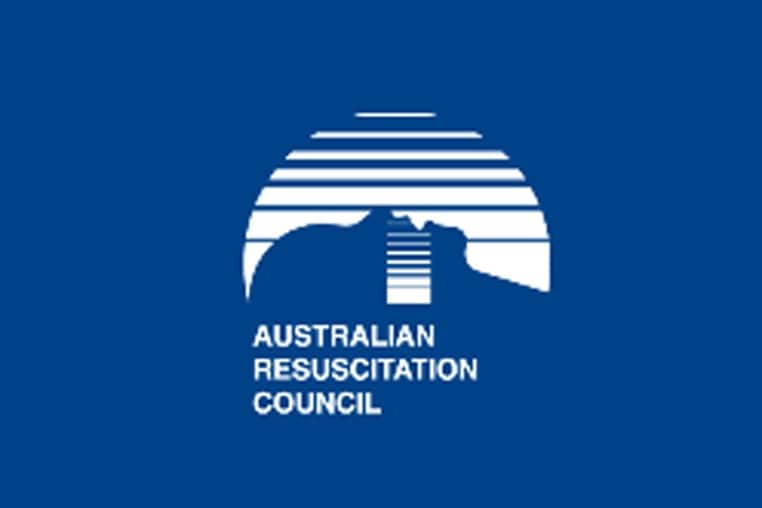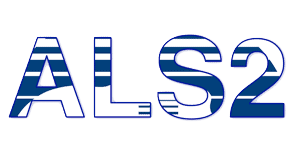The following course meets QI & CPD/PDP Requirements
Australian Resuscitation Council (ARC) Courses
The adult advanced life support courses are standardised national courses teaching evidence-based resuscitation guidelines and skills to healthcare professionals. As all co-badged courses in Australia are regulated by the ARC, the course credentials are cross-recognised by the RC(UK), New Zealand Resuscitation Council (NZRC) and the European Resuscitation Council (ERC). ALS certificates provided by the NZRC, RC(UK) or ERC are recognised by the ARC. The RC(UK) and ERC use the same evidence-based teaching material, program and assessment processes.
ARC adult advanced life support courses are held in every state and territory of Australia by centres that are approved and certified by the Australian Resuscitation Council. Course manuals, teaching and administrative materials are made available to approved centres by the ARC to ensure a consistently high quality approach to the course and that it conforms to the ARC resuscitation guidelines. This all ensures a uniformity of content and standard regardless of the location or organisation delivering the course. The courses include core lectures and interactive workshops. Face-to-face teaching is mainly delivered in small groups with hands-on practical skill stations and clinically based simulations.
The ARC credentials all its instructors delivering the advanced life support programs. ARC Instructors follow a prescribed development pathway to ensure the maintenance of high standards. All Instructors on the ARC Courses have undergone training and development in order to be registered by the ARC as an Instructor as set down in the course regulations.
Instructors on the courses are derived from the medical, nursing, paramedical and allied healthcare professions and teach from a best available evidence-based approach. ARC Courses provide the opportunity for interprofessional education to promote the knowledge, skills, attributes and attitudes in order to work together in an effective collaborative fashion.

Advanced Life Support Level 1

This is a one-day course aimed at providing the candidate with the skills and knowledge to manage the patient in the immediate period of crisis. It includes the recognition, assessment and immediate management of the deteriorating patient. Candidates are sent a manual at least two weeks prior to the course to commence preparation for the face-to-face component. This includes those skills for dealing with a cardiac arrest or other medical emergencies in a clinical setting.
Included in the course is:
- Recognition, assessment and management of the critically ill patient using a structured ABCDE approach (aiming to prevent cardiac arrest)
- Airway management skills
- Basic Life Support
- Defibrillation skills (Manual and/or AED modes)
- Cardiac arrest management using the ARC ALS Algorithm
- Work as an effective team member in a cardiac arrest
Advanced Life Support Level 2

This is a two-day course with the focus on the developing advanced skills in managing deteriorating patient and cardiac arrest. The course is designed for healthcare professionals with who would be expected to apply those skills taught as part of their clinical duties, or to teach them on a regular basis. Appropriate participants include doctors, and nurses working in critical care areas (e.g. ED, CCU, ICU, HDU, acute admissions units) or in the resuscitation /medical emergency team, and paramedics.
Medical students, nurses and other healthcare providers not covered in the groups above may be encouraged to complete the ALS1/Immediate Life Support (ALS1/ILS) course. Those with a particular interest in resuscitation should then consider attending an ALS2/ALS course, where appropriate.
The course is very intensive, and candidates are sent the ALS2/ALS manual one month prior to the course. Candidates are required to complete a pre-course multiple choice question paper to guide preparation.
Prior skills and competence in CPR is an essential prerequisite to attending the course. While the course covers advanced resuscitation skills it is also designed to develop leadership and team skills in managing such emergencies.
The ALS course teaches the knowledge and skills required to:
- Recognition, assessment and management of the deteriorating patient using a structured ABCDE approach (aiming to prevent cardiac arrest)
- Treat cardiac and/or respiratory arrest, including manual defibrillation
- Management of life-threatening arrhythmias
- Preparing and planning for post resuscitation care
- Care for the deteriorating patient or patient in cardiac and/or respiratory arrest in special circumstances such as asthma, anaphylaxis, and pregnancy
- Lead a team, work as a team member, and use structured communication skills including giving an effective handover
- Consideration for end of life decision making
Enroll Now
| Name | Date | Time | Location | Available Spaces | Cost | Single Booking |
| Advanced Life Support Level 1 | 31 May 2024 | 08:00 am – 04:30 pm | Toowoomba | 1 | $695.00 | |
| Advanced Life Support Level 1 | 13 July 2024 | 08:00 am – 04:30 pm | Toowoomba | 9 | $695.00 | |
| Advanced Life Support Level 1 | 30 August 2024 | 08:00 am – 04:30 pm | Toowoomba | 12 | $695.00 | |
| Advanced Life Support Level 1 | 12 October 2024 | 08:00 am – 04:30 pm | Toowoomba | 12 | $695.00 | |
| Advanced Life Support Level 1 | 16 November 2024 | 08:00 am – 04:30 pm | Toowoomba | 12 | $695.00 |
| Name | Date | Time | Location | Available Spaces | Cost | Single Booking |
